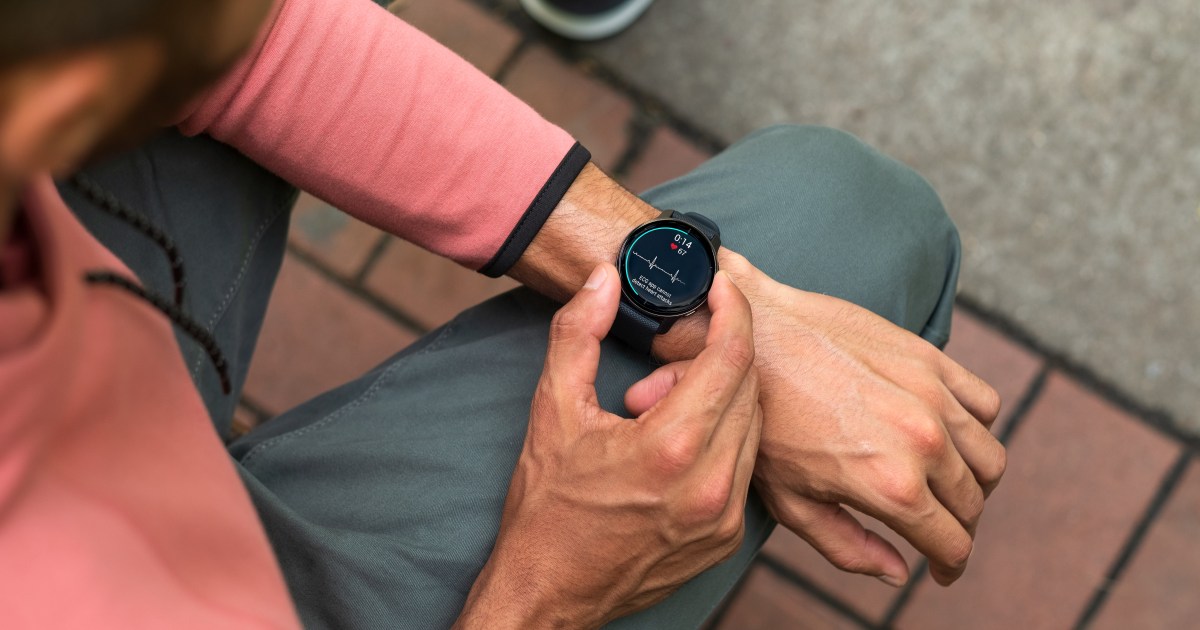What Happened: You know all those health apps on your phone? The ones you use to track your workouts, your sleep, your diet, or even your menstrual cycle?
- Well, a new study from researchers at a German university just dropped a bombshell: a lot of these apps are sharing your personal data before you even agree to anything.
- A team at the University of Bremen looked at 20 popular health apps and were pretty shocked by what they found. Every single app they tested was sending user data to other countries, especially the U.S.
- They also found that these apps are using “dark patterns” – which is just a fancy term for a sneaky, manipulative design – to trick you into granting permissions you’d probably say no to if you knew what was really going on.

Why This Is Important: Here’s the really sketchy part. On paper, these apps look like they’re following the law, like the big GDPR privacy rules in Europe.
- But in reality, they’re completely ignoring the spirit of those rules. The researchers caught some apps sending out data, like your advertising ID, the second you opened them – before you ever had a chance to hit “I agree.”
- And get this: for apps made for a German audience, 10 out of 16 had their privacy policies only in English. How is anyone supposed to know what they’re agreeing to? Even if you could translate them, the policies were super vague, talking about sharing your data with “partners” or “service providers” without ever actually naming who they are.
- As the lead researcher said, “Trust is crucial, especially when it comes to sensitive health data.”
Why Should I Care: So, what does this mean for you? It means that really personal, sensitive information from your fitness or health app could be getting sent all over the world – from the U.S. to China – without you having a clue.
It’s a pretty scary reminder of how little say we actually have over our own private info, and how these apps are literally built to trick us into coughing it up.
What’s Next: So, the good news is the researchers aren’t just dropping this report and walking away. They’re now working on building tools that can automatically catch these apps in the act, sniffing out the data leaks and all those sneaky designs.
The whole point is to help the good guys (developers and regulators) clean this mess up and finally force these app companies to be straight with us.
This whole thing is just a massive red flag. We’ve got to start demanding better, clearer rules to make sure the apps that are supposed to be helping us aren’t just selling our secrets.
link

